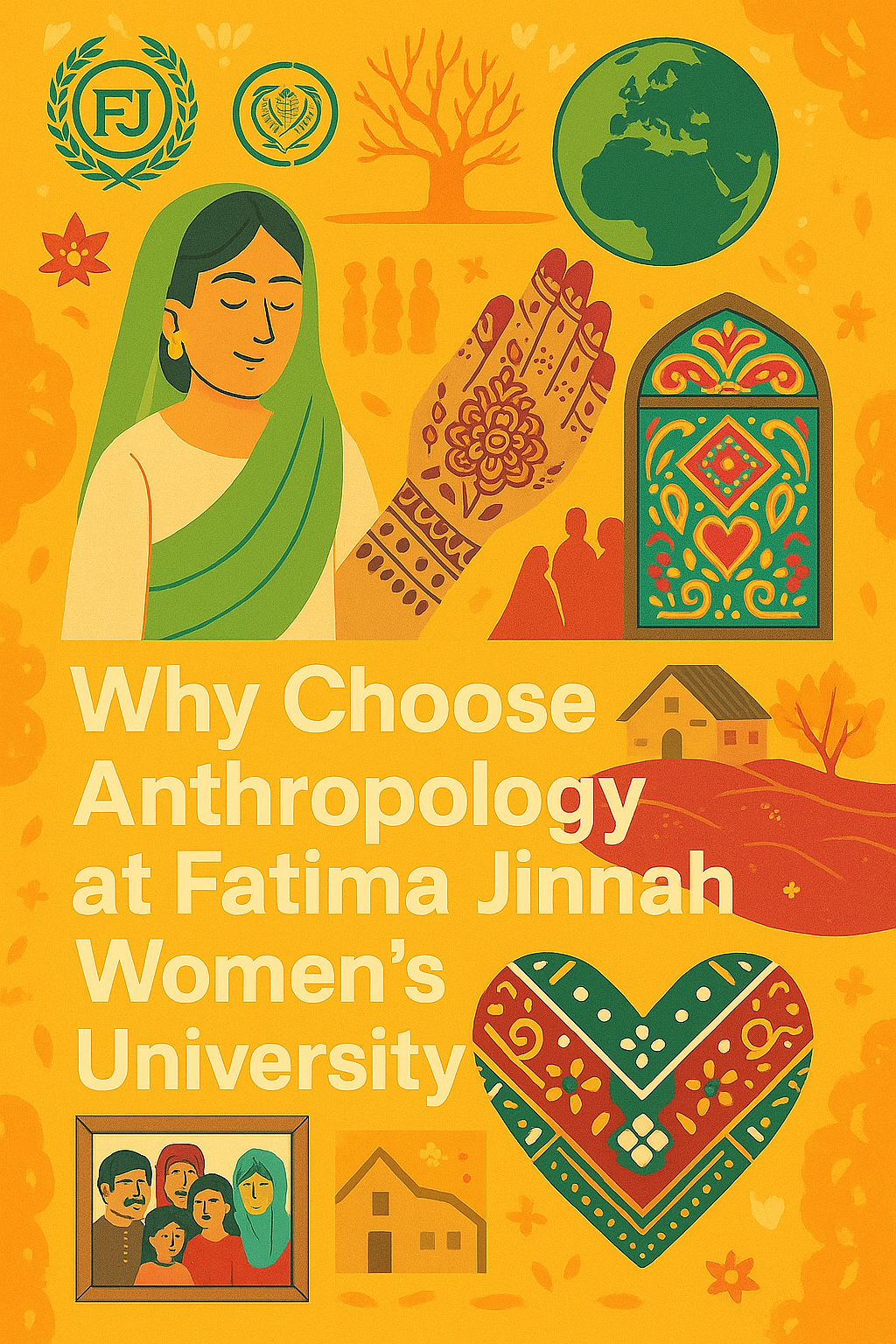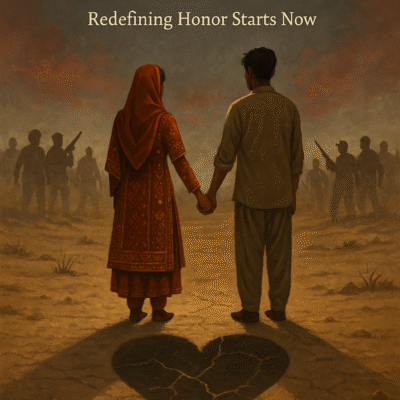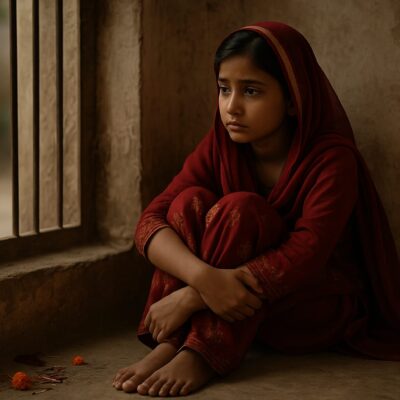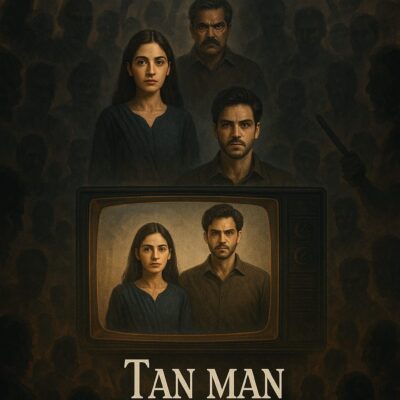Are you curious about people, cultures, and how societies work? Do you want to understand human life, how people live, think, believe, and connect? Then Anthropology might be the right subject for you!
The Purpose of Anthropology is to make the world safe for human difefrences.” Ruth Benedict
What is Anthropology?
Anthropology is a humanistic study that helps us understand how people live in different parts of the world, both in the past and today. It looks at:
- How people speak (Language)
- What they believe (Religion, Traditions)
- How do they live together (Family, Community, Culture)
- How societies change (Development, Technologies, Migration)
In short, it teaches us to respect diversity and look at the world with an open mind.
Areas of Study in Anthropology
Students studying anthropology are introduced to multiple branches that provide both theoretical knowledge and practical exposure, including:
- Cultural Anthropology – Focuses on social practices, beliefs, rituals, and everyday life within different communities.
- Biological Anthropology – Examines human evolution, biological diversity, and the interaction between biology and culture.
- Linguistic Anthropology – Investigates how language is used in social context and how it reflects cultural values.
- Archaeology – Studies past societies through their material remains, providing insights into the historical human experience.
- Anthropology of Religion – Study of religious beliefs, rituals, institutions, and their role in shaping social life and behavior.
- Anthropology of Media – Focuses on how traditional and digital media influence culture, identity, power relations, and communications. (Read more about the media’s impact on everyday violence)
- Medical Anthropology – Looks at how health, illness, and healing are understood and experienced across cultures.
- Business and Digital Anthropology – Explores human behavior in organizational settings and digital environments.
- Development Studies – Analyzes how development policies and programs impact social structures and cultural practices. (Read the critical Development blog on the Metro system in Pakistan)
- Public Policy and Research – Applies anthropological thinking to the study of governance, decision-making, and policy effects.
- Family, Marriage, and Kinship Systems – Examines relationships, roles, and household structures across different cultural contexts.
These areas offer both classic and contemporary debates in anthropology, allowing for engagement with real-world issues through academic study and field-based exploration.
Anthropology in Fatima Jinnah Women’s University
Fatima Jinnah Women University (FJWU), located in Rawalpindi, is Pakistan’s first university dedicated to women’s education. The Department of Anthropology is one of its growing and unique departments, offering students an opportunity to explore human life from many angles. It is not just about reading books or attending lectures; it is about experiencing the world through extensive fieldwork, interacting with people, asking questions about how people live, think, and relate to daily life, and learning how to research the challenges and changes that shape our societies.
Experienced and Supportive Faculty
The Department of Anthropology at FJWU is led by Professor Dr. Muhammad Bilal (LinkedIn), a renowned researcher in the fields of religion and politics in South Asia. The teaching team includes DR. Shafia Azam (LinkedIn), Dr. Inayat (LinkedIn), Ms. Aimen Ali Syed, and Ms. Tasmia Jahagir (currently pursuing a PhD from Macquarie University, Sydney, Australia), each bringing valuable experience from different areas, such as religion, culture, and public health.

What makes the faculty stand out is their supportive and student-centric approach both inside and outside the classroom. They guide students based on their interests and help them grow in their unique ways. The faculty encourages students to do fieldwork, make projects on diverse topics, write blogs, speak at seminars, and foremost, participate in fun activities (Visit the Instagram to learn more about the fun activities). Whether a student is interested in media, religion, public health, culture, or social issues, the faculty helps them choose meaningful topics and gives feedback. Therefore, anthropology in FJWU is not limited to books; the teachers create a positive and open environment where students feel confident to share ideas and develop useful skills for the future.
💼 Career Pathways in Anthropology
- Academia and University Teaching
- NGOs and Development Sector Professionals
- Counter Terrorism and Counter Extremism Experts/Specialists
- Cultural Resource Management Experts
- Disaster Risk and Crisis Management Specialists
- Museums and Heritage Centre Professionals
- Public Health and Social Work Practitioners
- Media, Journalism, and Communication Experts
- Policy-Makers and Advocacy Specialists
- Development Project Mediators and Advisors
- Qualitative and Ethnographic Researchers
- Netnographic and Digital Culture Researchers
- User Experience (UX) Researchers
- Human Rights and Social Justice Advocates
- Technology and Innovation Consultants
- Urban Planning and Sustainable Development Experts
- Business, Branding, and Marketing Strategists
- Environmental and Social Impact Assessment Specialists
- Gender, Equity, and Inclusion Experts
- Legal and Justice System Researchers
- Conflict Resolution and Peacebuilding Consultants
- Organizational Culture and Workplace Researchers
- Community Engagement and Participation Specialists
- Tourism and Cultural Consultancy Professionals
- Research Analysts and Field Survey Experts
Many students also go for higher studies in Pakistan or abroad, and use their knowledge to bring positive change in society.
One of the exciting opportunities for students is that anthropology is now included as an optional subject in the Centre Superior Services (CSS) exams conducted by the Federal Public Service Commission (FPSC) in Pakistan.
Anthropology gives you tools to understand people, respect diversity, and solve real-world problems. These are skills that are valuable in many careers. Whether you want to work in education, social justice, health, policy, or creative fields, it prepares you to make a meaningful impact.
Who can apply?
Here is what you need to apply for the BS and MPill in the Anthropology Program:
Eligibility Criteria for a Bachelor’s in Anthropology
- Minimum 45% marks in FA/FSC/A levels or equivalent.
- If applicable, NTS NAT-I or HEC/ETC entry test with a minimum score of 40 (for all disciplines except engineering/software)
- 4-year program (8 semesters)
- Located in FJWU Main Campus, Rawalpindi
Eligibility Criteria for MPill in Anthropology
- Minimum 16 years of education in Anthropology or related fields (Sociology, Gender Studies, Political Science, etc.)
- For those on a semester system: at least 2.5 CGPA/4.0 or 3.1/5.0 in a 4‑year degree
- For those on the annual system: 1st and 2nd divisions in the 4‑year degree
Stay updated on admission dates by checking the official website of FJWU or following official social media pages, including Facebook and LinkedIn.
Want to learn more?
Department of Anthropology
Fatima Jinnah Women’s University, Rawalpindi
Email: anthropology.fjwu.edu.pk@gmail.com
Department Website: Anthro.FJWU.com
Instagram: https://www.instagram.com/dept_of_anthropology_official?igsh=bjRiYnV0bzI5Nzgz
Facebook: https://www.facebook.com/share/1BqEe6wFZz/
LinkedIn: https://www.linkedin.com/company/fjwu-anthropology/
If you are interested in cultures, people, critical thinking, diverse perspectives, religion, media, heritage, and health, and the deeper meanings behind how we live, Anthropology at FJWU is a great path for you.
For global career paths, research opportunities, and the latest updates in the field of anthropology, visit the American Anthropological Association (AAA) (LinkedIn) official website. It offers job listings, graduate programs, field schools, fellowships, and professional development resources for aspiring anthropologists.
📢 Follow our department to discover student experiences, fieldwork journeys, and academic updates. Join a program that not only teaches you about the world, but also transforms how you see yourself in it.





23 Comments